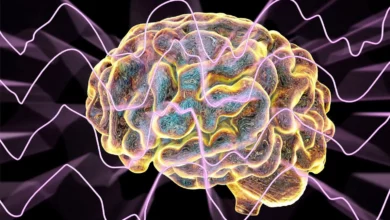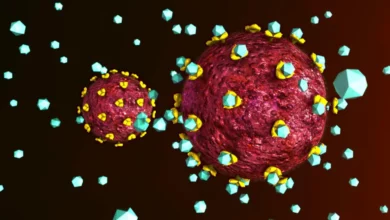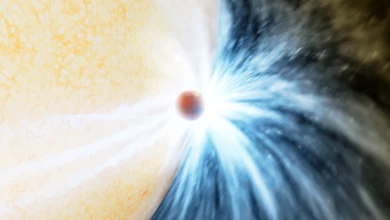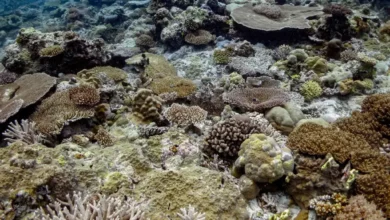Latest Articles
-
May- 2023 -7 MayBrain

Dreaming Away Dementia: Berkeley Research Shows Deep Sleep Alleviates Alzheimer’s Memory Loss
Lead Image: UC Berkeley sleep scientists have found that deep sleep, also known as non-REM slow-wave sleep, may protect against memory decline in older adults with high amounts of Alzheimer’s disease pathology. Disrupted sleep has been associated with a faster accumulation of beta-amyloid protein in the brain, which is linked to memory loss caused by dementia. However, this new research suggests that higher levels of deep sleep can act as a cognitive reserve factor, increasing resilience against the effects of beta-amyloid protein. By practicing good sleep hygiene, older adults may be able to benefit from this compensatory function against Alzheimer’s…
Read More » -
7 MayDisease

New Study: Gene Therapy Can Effectively Eliminate HIV Infection
Lead Image: Human Immunodeficiency Virus (HIV) is a virus that attacks the immune system, making it difficult for the body to fight off infections and diseases. HIV is primarily transmitted through sexual contact, sharing of needles, or from mother to child during pregnancy, childbirth, or breastfeeding. If left untreated, HIV can progress to acquired immunodeficiency syndrome (AIDS), which can be fatal. Researchers from Temple University and UNMC collaborate in a study recently published in the journal Proceedings of the National Academy of Sciences. Gene-editing therapy targeting both HIV-1, the virus responsible for AIDS, and CCR5, the co-receptor assisting viral entry…
Read More » -
6 MayAstronomy

Astronomers Witness a Star Devouring a Planet – “We Are Seeing the Future of the Earth”
This artist’s impression shows a doomed planet skimming the surface of its star. Astronomers used a combination of telescopes to spot the first direct evidence of an aging, bloated sun-like star, like the one pictured here, engulfing its planet. These telescopes included the Zwicky Transient Facility (ZTF) at Caltech’s Palomar Observatory, the W.M. Keck Observatory, and NASA’s NEOWISE mission. Credit: Image: K. Miller/R. Hurt (Caltech/IPAC) Earth will meet a similar fate in 5 billion years. As a star runs out of fuel, it will billow out to a million times its original size, engulfing any matter — and planets —…
Read More » -
6 MayEnergy

Nanoscale Changes Reveal Clues To Boost Solid-State Battery Performance
Lead Image: An international research team discovered nanoscale changes in solid-state batteries that could lead to improved performance. They identified high-frequency vibrations at the electrolyte-electrode interface that hinder lithium ion movement, potentially paving the way for new strategies to enhance ionic conductivity. A global team of scientists, including nanoengineers from the University of California San Diego, has discovered nanoscale changes within solid-state batteries that could provide new insight into enhancing battery efficiency. By utilizing computer simulations and X-ray experiments, the researchers were able to “see” in detail why lithium ions move at a slow pace within a solid electrolyte, particularly…
Read More » -
5 MayClimate Change

The Great Coral Divide: Atlantic Reefs Are Struggling and Indo-Pacific Reefs Aren’t
Corals in the Indo-Pacific may be more resilient to climate change than those in the Atlantic, according to a new study describing multiple species of thermally tolerant algal symbionts that enable corals to acquire energy from sunlight. Credit: Allison Lewis In a study exploring the various species of algal symbionts associated with reef corals throughout the Indo-Pacific region, researchers discovered a high degree of flexibility in these relationships. This flexibility may enhance these coral systems’ long-term resilience to climate change’s impacts. Facing the effects of global warming and other environmental shifts, corals in the Atlantic Ocean have experienced a sharp…
Read More »










